Hideaki Ogawa
-

Circular Creativity
Matsudo International Science Art Festival 2022
The Matsudo International Science Art Festival is a yearly celebration that takes place in the beautiful city of Matsudo in Japan. In 2022, the theme of the festival was “Circular Creativity”, exploring how we can all respectfully coexist with nature and people of different backgrounds on our one and only planet, Earth.
-
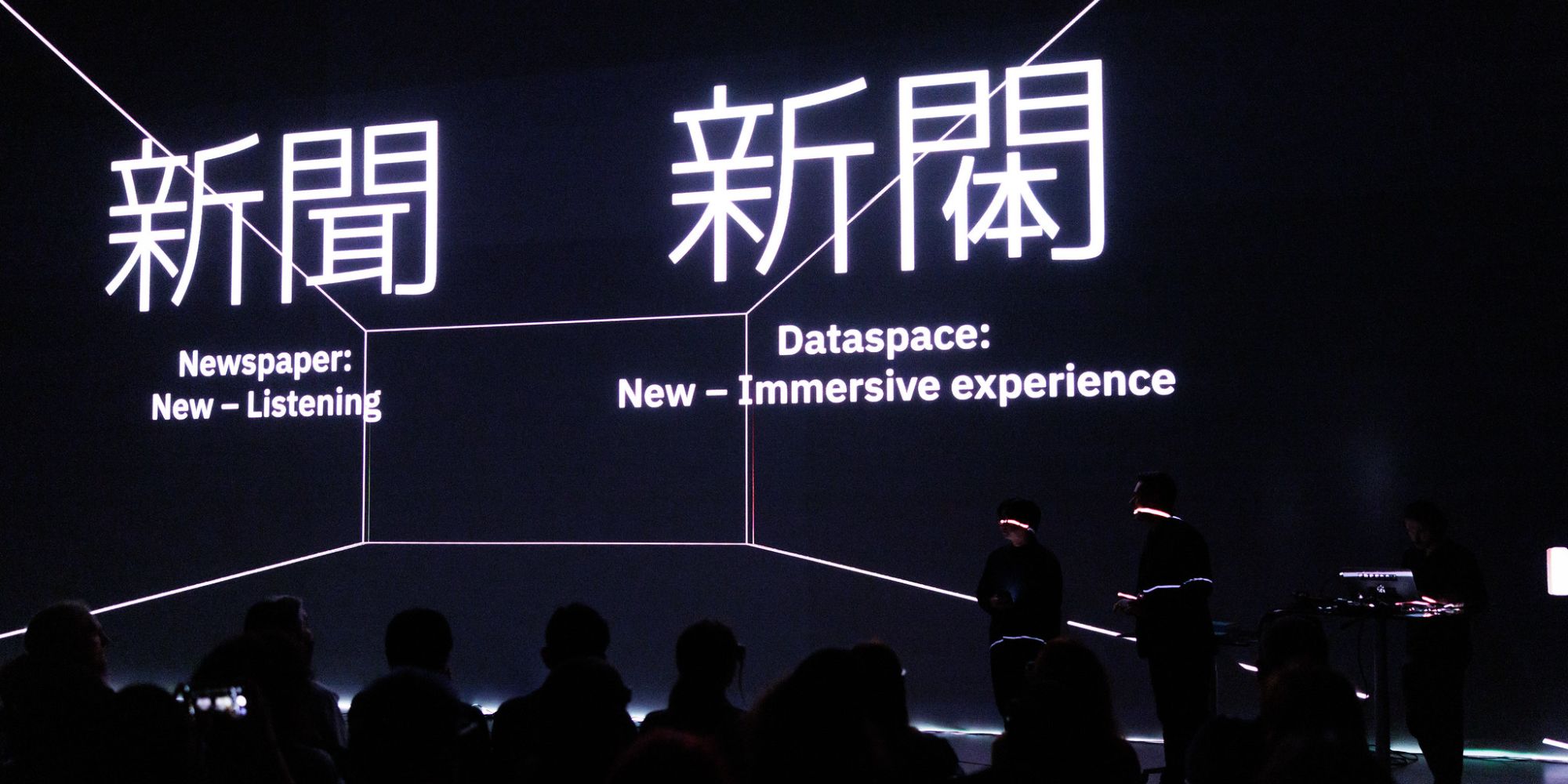
Artistic Journalism 2022
Online Course on Literacy for the Futures
Ars Electronica Futurelab and Keio University SFC have jointly established an online lecture named “Artistic Journalism” as a literacy for the futures, starting in 2020. Futurelab’s Artistic Director Hideaki Ogawa was invited to teach the experimental class from the Ars Electronica in Linz, Austria.
-
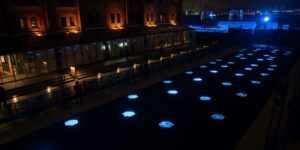
Stream of Hope
Large-Scale Fluxel Performance in Japan
Ars Electronica Futurelab’s Fluxels, a scalable swarm of ground robots equipped with hexagonal LED displays, brought about a new language of visual expression. Stream of Hope in Osaka and Yokohama showcased their versatility at large-scale events.
-
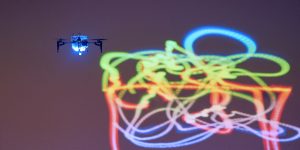
Space Ink
Three-Dimensional Drawings With Drones
What if we can draw in any space with a pen? This question is at the heart of Space Ink, where tablets and drones are brought together to create large-scale works in three-dimensional space using light and color.
-
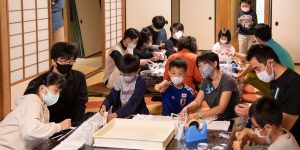
OPEN CITY
Matsudo International Science Art Festival 2021
In 2021, the International Science Art Festival in Matsudo was dedicated to the theme “OPEN CITY – Inspirational City.” The festival aimed to create an ecosystem where people can connect and inspire each other to take on new challenges.
-

AI Ink
AI Composition with Humans and Noise
Noise is an important element in the creativity of artificial intelligence. To understand the relationship between noise and the “soul” in a machine, we used temperature and human interaction as noise in the AI Ink project while composing music with artificial intelligence. After all, temperature is also associated to emotions in the human body.
-
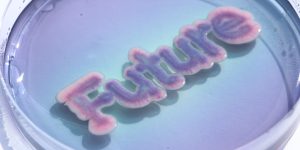
Bio Ink
Can Ink Be Alive?
In Bio Ink, the Futurelab brought together biotechnology and digital pen tablet technology to create living ink that grows freely beyond human input. With this research, the team explored co-creation with other organisms and nature.
-
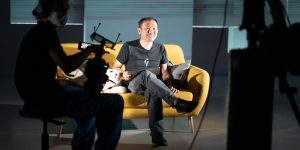
Artistic Journalism 2021
Online Course on Social Dialogue
In 2021, Ars Electronica Futurelab’s Artistic Director Hideaki Ogawa taught an online course at Keio University SFC (Shonan Fujisawa Campus) on “Artistic Journalism”: the act of creating a social dialogue through artistic expression, research, exploration, and action.
-
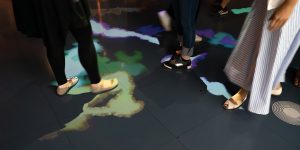
Hybrid Space
Interactive Telepresence Museum Experience
Hybrid Space was an installation by the Ars Electronica Futurelab, presented as part of the lab’s 25-years anniversary in 2021. It provided an interactive space in the Ars Electronica Center where museum visitors could meet and interact with online visitors.
-
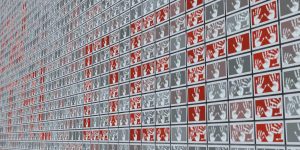
Hands for the Future
Participatory Installation on Social Issues
Hands for the Future is a participatory media installation at the Ars Electronica Center that serves as a call to action for the various deep issues that humanity urgently needs to address.
-
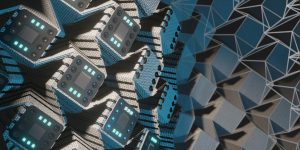
ORI*BOTICS
The Art and Science of Robotic Origami
ORI*BOTICS, the art and science of robotic origami, is a follow-on research project that continues the investigation of origami, technology and nature. It extends on our novel methods for designing and making strong, flexible and highly irregular origami from textiles and 3D printing, namely Fold Printing and Fold Mapping.
